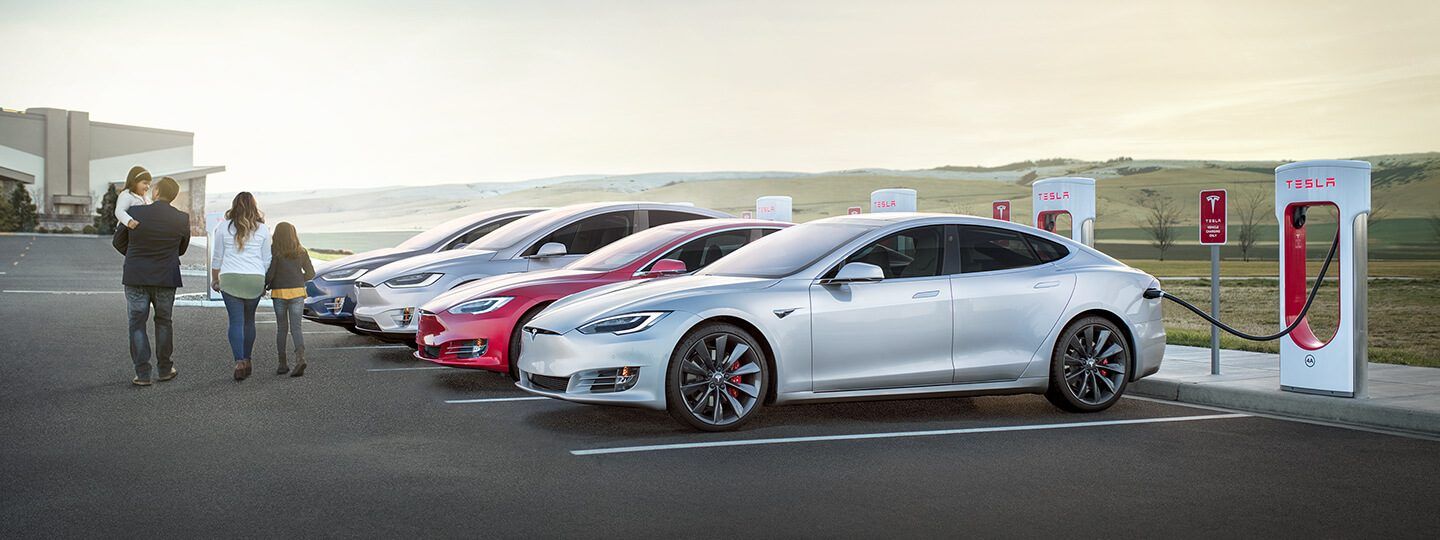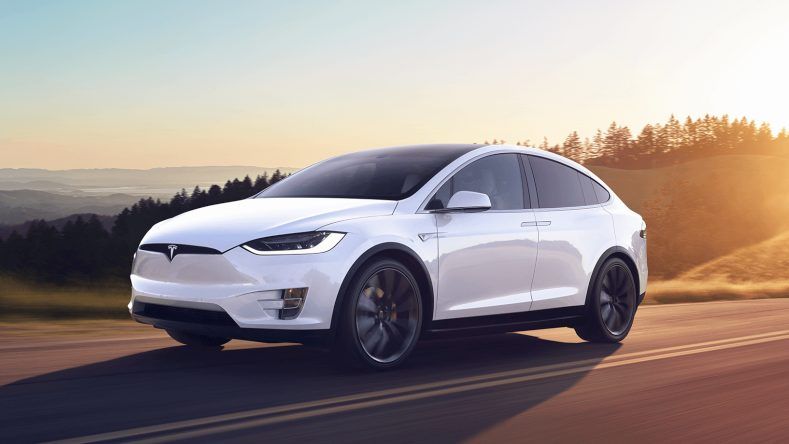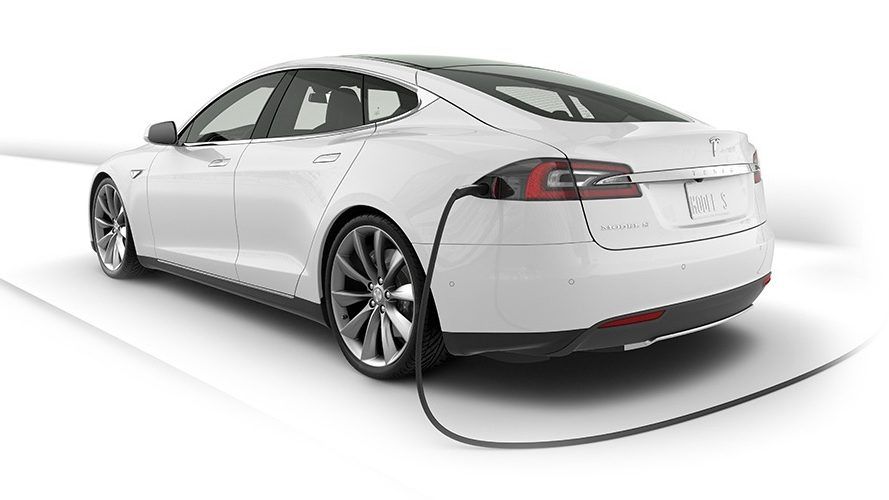Battery range statistics is a topic that interests many Tesla owners. These values change over time due to different factors.
Especially battery degradation is an important issue for electric cars. Degradation means that the maximum possible energy capacity of the battery is reduced by use and aging.
Like any lithium-ion battery, Tesla’s battery cells lose capacity with aging and number of charge cycles. This process is called degradation. This means that the more complete charge cycles a battery has undergone, the further the total capacity of the cells decreases. Other factors such as the age of the battery or the charging behavior also have an influence.
The intelligent battery management system (BMS) in Tesla vehicles largely prevents these negative effects. Nevertheless, Tesla batteries also lose capacity over their lifetime. As a rule, it decreases slightly in the first 30,000 km and then settles more or less at an average of 93%.
Rear Middle Flocking Box For Tesla Model Y (Set of 3 ABS Boxes)
Shop for more Tesla Accessories here!
Real-life statistics values from Tesla drivers
Tesla owners around the world can record the range statistics values of their vehicle themselves in a common table. This allows you to evaluate statistics for numerous vehicles and identify trends.
The table is available online (click on “All Entries”)
A good overview of battery degradation and remaining range is shown by the values of the Teslalogger project. The Teslalogger software collects the values of several hundred vehicles, displays them graphically and calculates the average curve of degradation.
The topic is also discussed in the TMC Forum.
An interesting evaluation of the collected data can also be found here.
Range comparison of the Tesla models
The different ranges of the different Tesla models are very well comparable in the following table.
Check your VIN number:






